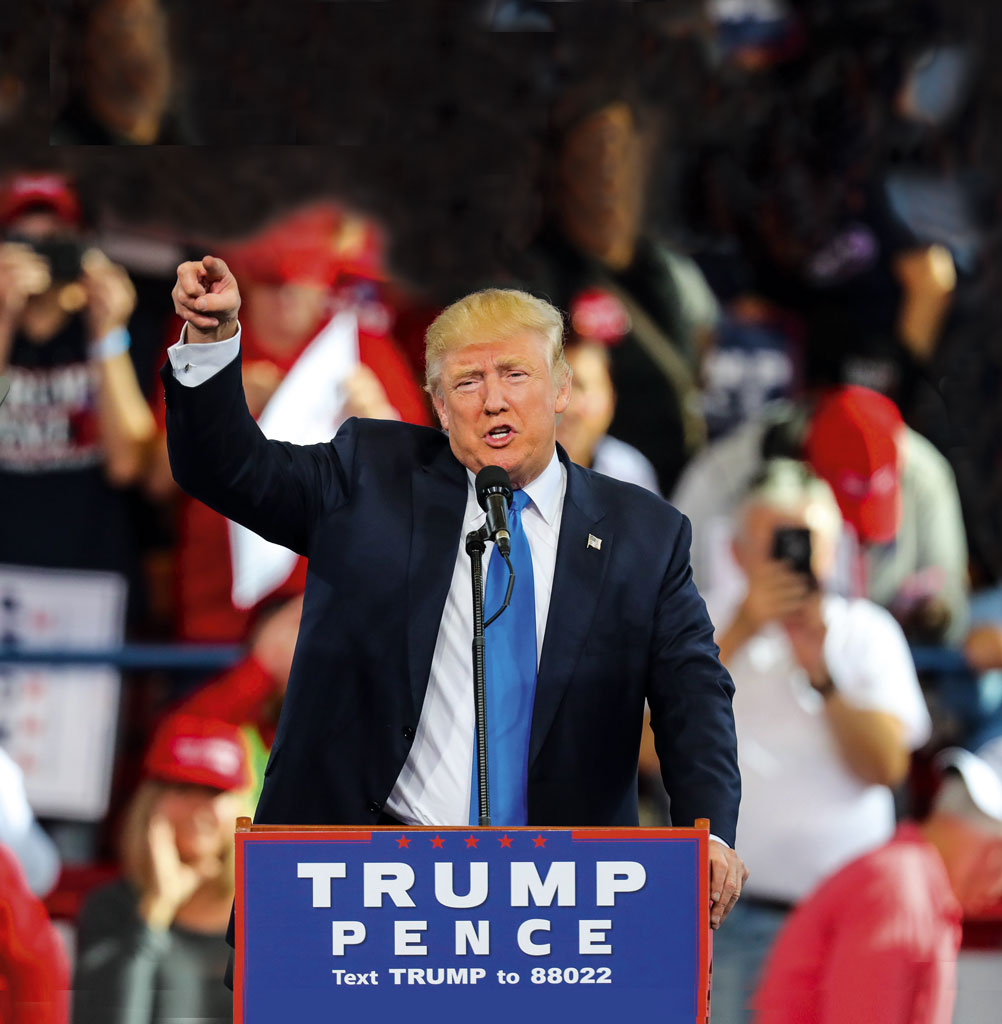
Geoffrey Bindman QC fears the illiberal impact the President-Elect will have on the US Supreme Court
An issue of great concern arising from the surprising election of Donald Trump to the presidency of the US is the composition of its Supreme Court. That is because the Supreme Court is often faced with issues which have major political implications, even though ostensibly its function is to adjudicate only on questions of law. We have been less accustomed in Britain to dwell on the relationship of law and politics but we are seeing in public reaction (or at any rate the reaction of sections of the media) to the current litigation over the triggering of Brexit that the traditional detachment of our own courts from the political battleground is not immune from challenge.
In the US the impact of Supreme Court decisions on political questions has long been taken for granted. More importantly, it is accepted and widely discussed that judges have their own predilections, political or philosophical, which can influence their legal judgments.






.tmb-mov69x69.jpg?sfvrsn=16d9dd3d_1)


